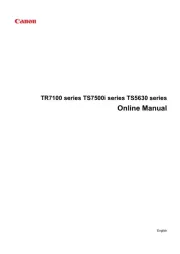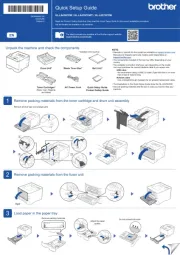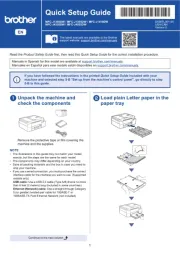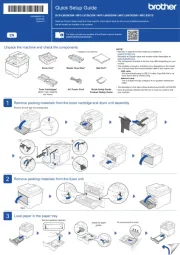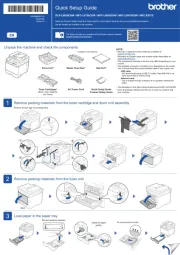Epson Powerlite 824plus Manual
Læs gratis den danske manual til Epson Powerlite 824plus (199 sider) i kategorien Printer. Denne vejledning er vurderet som hjælpsom af 20 personer og har en gennemsnitlig bedømmelse på 5.0 stjerner ud af 10.5 anmeldelser.
Har du et spørgsmål om Epson Powerlite 824plus, eller vil du spørge andre brugere om produktet?

Produkt Specifikationer
| Mærke: | Epson |
| Kategori: | Printer |
| Model: | Powerlite 824plus |
Har du brug for hjælp?
Hvis du har brug for hjælp til Epson Powerlite 824plus stil et spørgsmål nedenfor, og andre brugere vil svare dig
Printer Epson Manualer
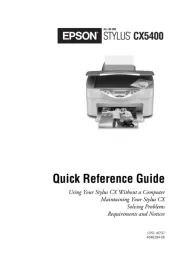
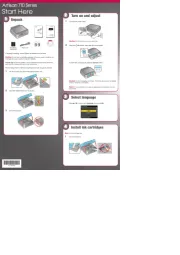

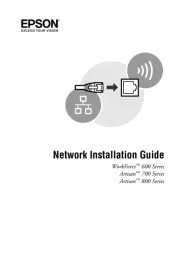
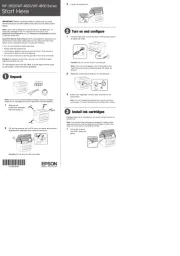

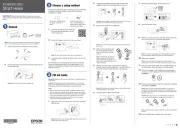
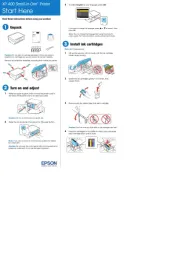
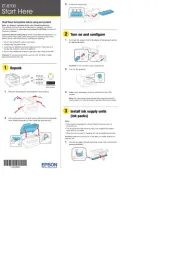

Printer Manualer
- Olympus
- Cricut
- MSI
- Triumph-Adler
- Toshiba
- LG
- Godex
- Approx
- Intermec
- Avision
- Amstrad
- Badgy
- Royal Sovereign
- Builder
- Tomy
Nyeste Printer Manualer



